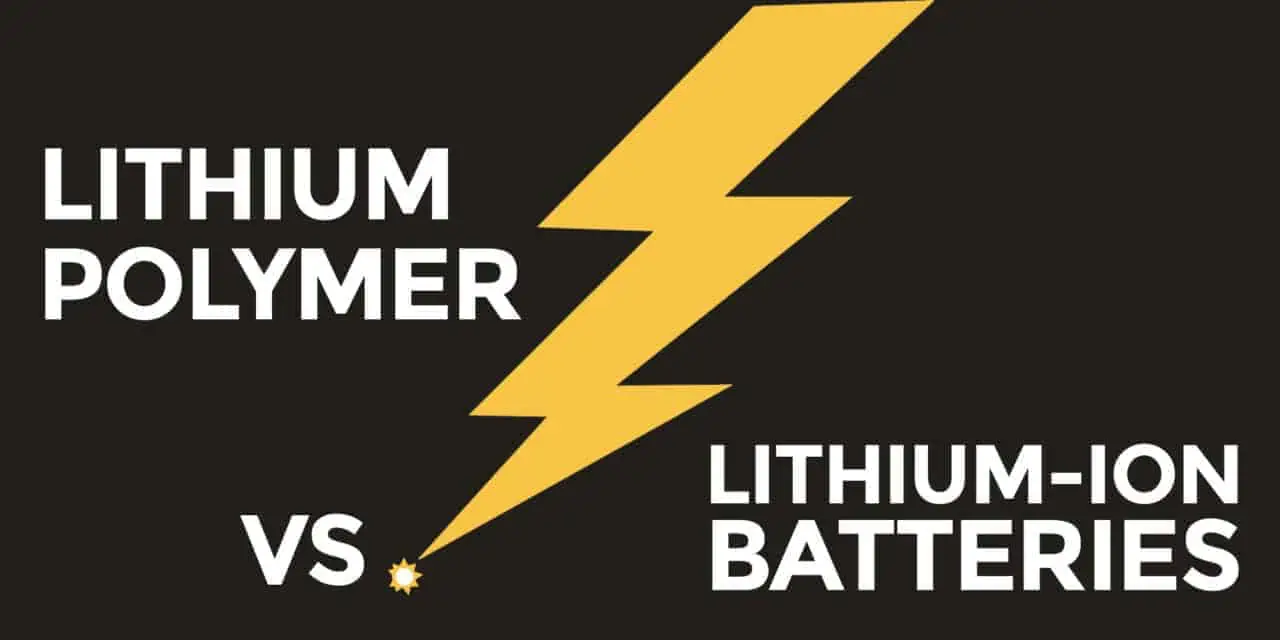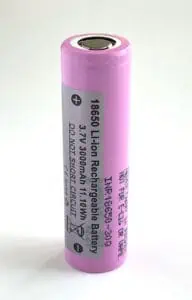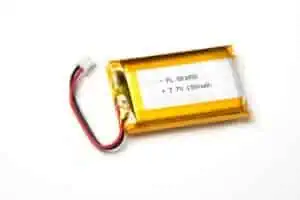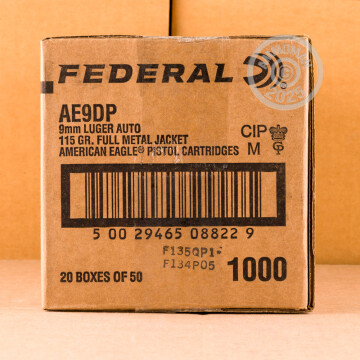Lithium-Ion vs Lithium Polymer Batteries
Sometimes we wish we were Amish. You think Amish lose any sleep over the differences between lithium-ion vs lithium-polymer batteries? They don’t. They spend their days eating freshly churned butter, raising barns, sleeping under artisanal quilts, and probably doing other things that we can’t be bothered to look up right now. At least we know they’re not reading this website.
We’re going to spare you an explanation of the technical differences between li-ion and li-po batteries. Exactly why Li2MnO3 and LiNiMnCoO offer slightly different lifespans when they’re placed inside a battery isn’t riveting. We’re just going to explain the key underlying difference between the two and then go over their relative merits.
Lithium Ion vs Lithium Polymer: The Underlying Difference
The main difference between li-ion and li-po batteries is the chemical electrolyte between their electrodes. A li-ion battery has a liquid chemical compound inside its anode and cathode which carry charged lithium ions to generate electricity. In contrast, a li-po battery’s anode and cathode don’t contain a liquid. They instead contain either a porous compound or, more commonly, a gel.
What’s Better – Lithium Ion or Lithium Polymer?
A li-ion battery stores more power. In brief, if you only care about your tactical flashlight or some other gadget staying on longer, then you want it to have a li-ion battery. A li-ion battery also lacks a “memory effect,” i.e. it doesn’t gradually lose capacity every time it is recharged. It is also cheaper.
The li-ion’s advantages come at a cost: This type of battery is less stable. Li-ion batteries (especially very cheap ones) have a significant chance of catching fire if they’re damaged, which is very inconvenient if one of them happens to be inside your pocket.
Relative to a li-ion battery, a li-po battery is more expensive, stores less power, and has a shorter lifespan. But it weighs a lot less and has a much lower profile. While a li-po battery can still burst into flames or even explode, its non-liquid chemical compound is a lot more resilient to damage.
In conclusion, a li-ion does a better job of being an actual battery, while a li-po makes an electronic device more durable and safer to be around.
Lithium-Ion Pros
● Higher power density: stores more electricity
● No “memory effect”: subsequent charges don’t reduce power capacity
● Cheaper: you will have more money to buy ammo
Lithium-Ion Cons
● Combustible: if you damage a li-ion in your pocket then you might meet new friends … at the ER
Lithium-Polymer Pros
● Flexible: its gel center helps a li-po battery resist damage and avoid leaking
● Low profile: a slim li-po battery means smaller electronics
Lithium-Polymer Cons
● Lower power density: stores less electricity
● “Memory effect”: every charge slightly reduces power capacity
● More expensive: the difference won’t put you in the poorhouse, but a li-po does cost more




